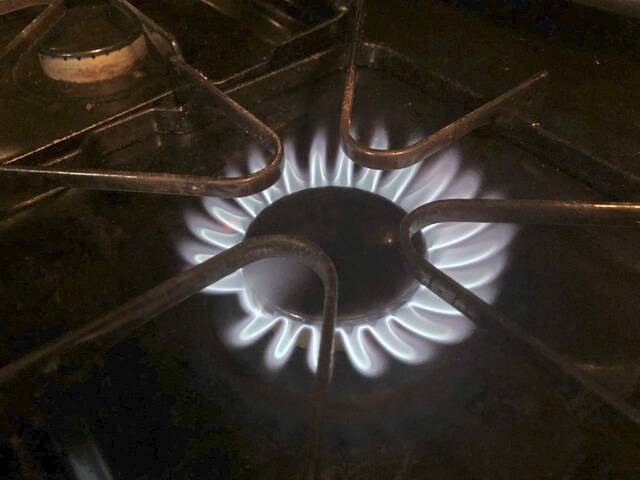The Department of Environmental Protection rebuked the conventional oil and gas drilling industry for not complying with state regulations, saying that operators with 11 or more wells failing to report key data “seems to be an industry-wide rule rather than the exception.”
“Over the past five years, DEP’s OOGM (Office of Oil and Gas Management) has identified significant noncompliance with laws and regulations in the conventional oil and gas industry, particularly regarding improper abandonment of oil and gas wells, as well as reporting requirements for hydrocarbon and waste production and mechanical integrity assessments,” according to the report released Dec. 29, 2022.
“Wells that are improperly abandoned may pose environmental and public health and safety threats and may become the responsibility of the commonwealth to plug along with remediation and reclamation of the well sites,” the report continued.
Related
• A map of known, orphaned and plugged wellsThe conventional drilling industry refers to smaller wells in shallower spaces, unlike those that target deeper, high-producing shale formations such as the Marcellus and Utica.
The report was requested in July, when Gov. Tom Wolf allowed a bill to become law without his signature during contentious state budget negotiations.
Several changes were outlined in the bill as to how well-plugging programs are funded and administered, including the removal of the DEP’s authority to establish bonding amounts, which are meant to ensure that drillers are on the hook for cleaning up and plugging a spent well.
Between 2017 and 2021, the DEP said it has found more than 17,000 violations at conventional well sites. Of those, more than 3,300 notices of violation have been issued over attempts by operators to abandon a well. Operators also have failed to report production for an average of 36,000 wells per year, according to the DEP.
Disclosing oil and gas production, waste production and disposal, and well integrity is an important part of the agency’s oversight of the industry and “may pose a threat to public health and safety and the environment,” according to the report.
The DEP said noncompliance with those reporting requirements “is widespread” among conventional operators with at least 11 wells.
“The results are consistently disappointing — only around 30% of such operators report their production or mechanical integrity assessments on time,” the agency reported. “Even including operators who do eventually submit information after the compliance date, the annual compliance rate fails to climb above 50%.”
As for orphaned or abandoned wells, the issue is critical because unplugged wells can pose several dangers, including gas migration into occupied structures, water supply impacts, surface water impacts, hazardous air pollutant emissions, methane emissions and soil and groundwater contamination.
“Improperly plugged wells have been tied to fatal explosions in Pennsylvania and other states,” the DEP said.
And if the driller doesn’t plug a well, it’s up to taxpayers to do so.
Overall, the DEP says it has stepped up efforts to force compliance or penalize operators for violations, including issuing more than $1.3 million in penalties between 2017 and 2021.
Still, the report recommended more intense enforcement to deter violations. Such steps include increasing civil penalties, forfeiting bonds, liens and criminal referrals.
“Clearly, there is significant noncompliance with relevant laws in the conventional oil and gas industry in Pennsylvania,” the report stated. “The bad news is that the resources and enforcement tools and techniques available to the department have not made an appreciable dent in compliance rates and numbers over the past five years. The good news is that with some additional resources, streamlined processes and focused efforts, the department’s existing tools might be used in a way that will provide effective deterrence from noncompliance by the conventional oil and gas industry.
“However, a significant change in the culture of noncompliance as an acceptable norm in the conventional oil and gas industry will need to occur before meaningful improvement can happen,” the report said.
Representatives from oil and gas trade groups did not return calls for comment.








